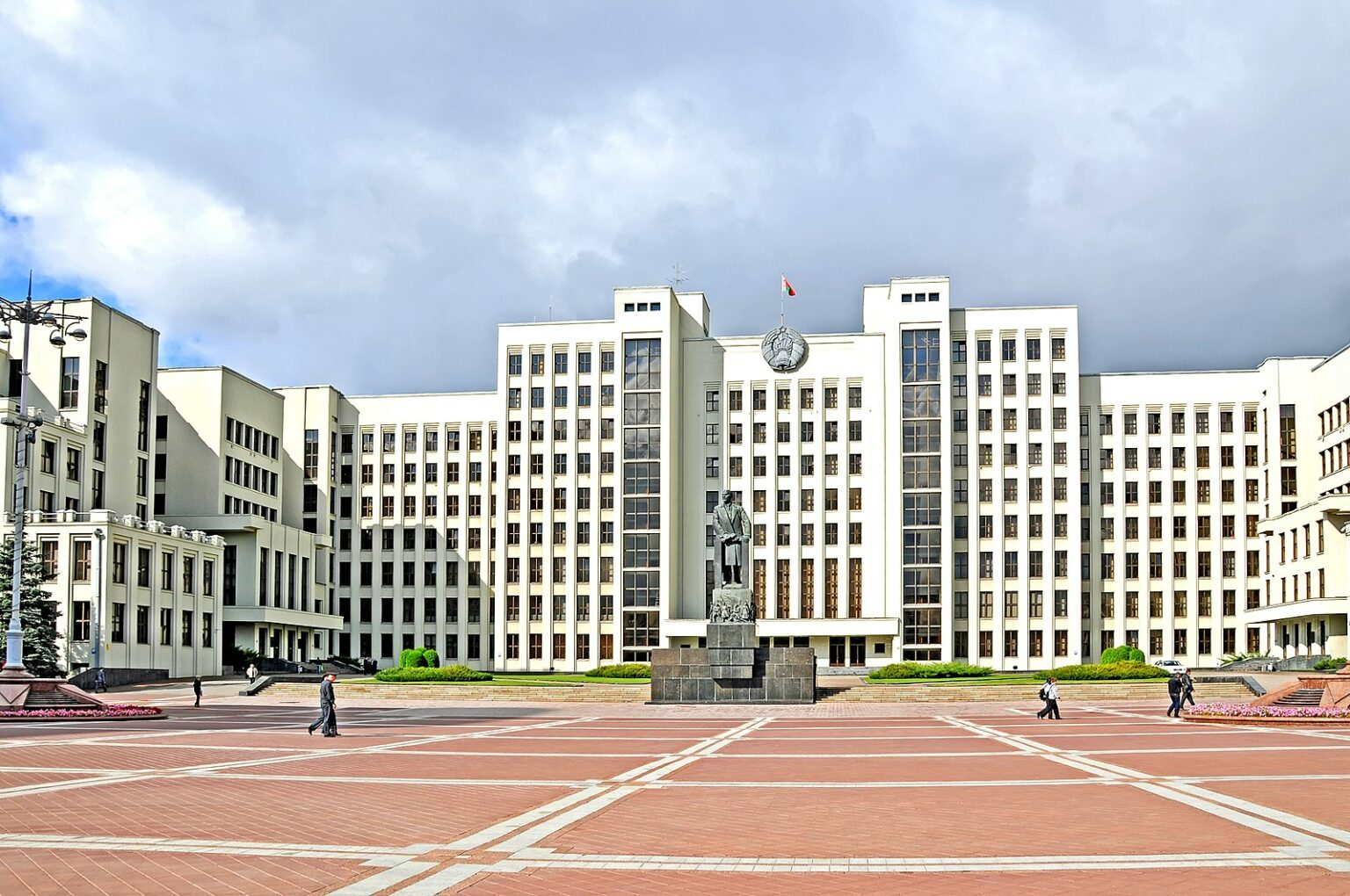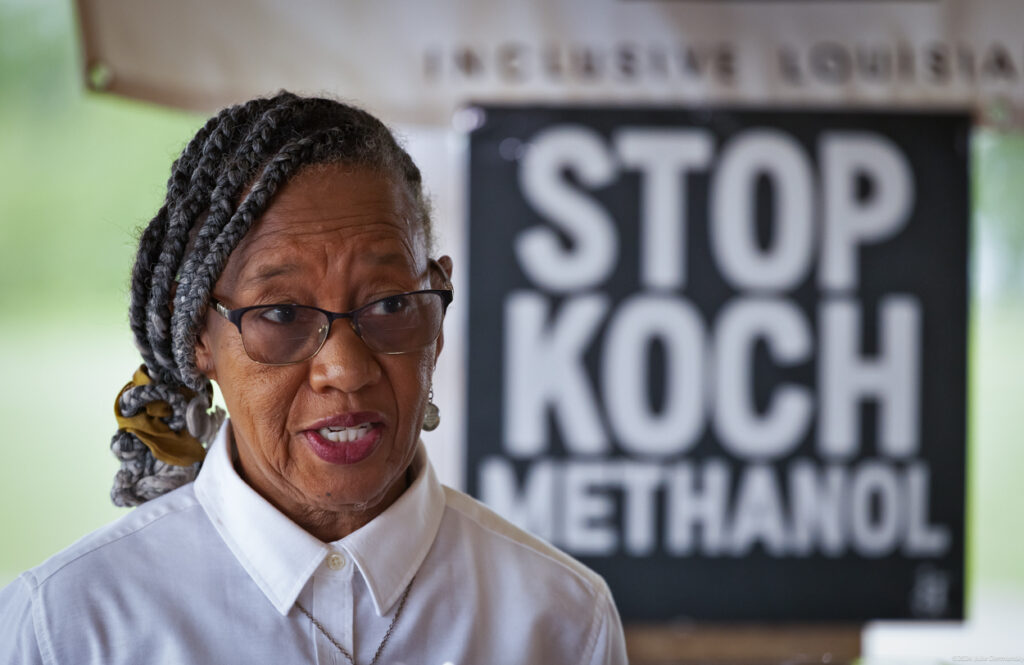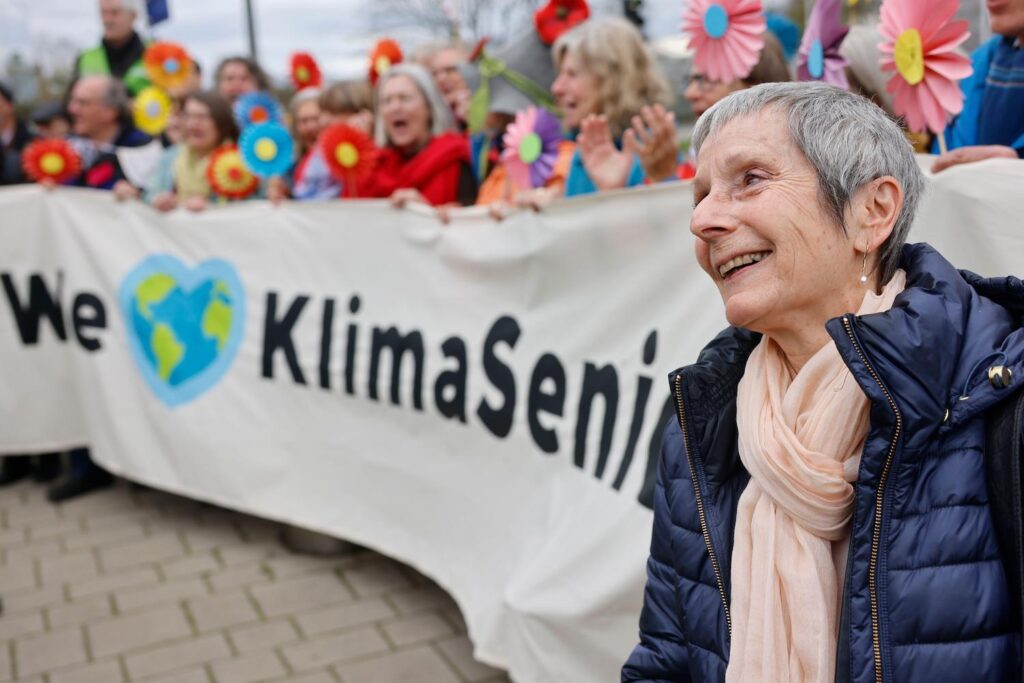Belarus is to have its rights and privileges under a major international treaty suspended for persecuting environmental defenders and shutting down green NGOs.
A high-level summit of parties to Aarhus Convention on environmental rights on October 21, chastised the state for liquidating one of its oldest green NGOs and suppressing many other domestic environmental organisations.
The Aarhus Convention, established under the United Nations Economic Commission for Europe, gives citizens of signatory nations the right to access environmental information, participate in environmental decision-making, and access justice in environmental matters.
Since it came into force in 2001, the treaty has been ratified by 47 parties including the UK, Norway, Kazakhstan, Belarus, all members of the European Union, and the EU itself. But this is the first time any member will have had its rights and privileges suspended.
The rights and privileges that could be suspended are things such as chairing the bureau or one of the taskforces. Belarus would still retain voting rights.
The Aarhus Convention Compliance Committee has long expressed concern with Belarus’ treatment of people and organisations involved in defending the environment, but the suspension was focused on the treatment of a particular NGO called Ecohome.
Founded in 1996 to promote environmentally friendly lifestyles and sustainable development, Ecohome was one of the oldest non-profit environmental organisations in Belarus.
Over the summer, the Belarus ministry of justice accused Ecohome of interacting with unregistered organisations and not operating from a legally registered address. It had also sought but was denied information on the names and addresses of all Ecohome members. During the same period, the home of Ecohome director Marina Dubina was searched.
Members of the NGO approached the Aarhus Convention Compliance Committee, which then warned Belarus to reconsider its treatment of the organisation and its staff. But Ecohome was formally liquidated by a court in August on the grounds that it had broken the law.
In an October 2021 report, the compliance committee said there had been an “egregious” lack of due process and the liquidation was “neither reasonable nor proportional”.
It concluded that the treatment of Ecohome “constitutes a further incident of persecution, penalization and harassment” under the treaty and the “silencing by the party concerned of a communicant actively engaged in the committee’s follow-up procedure is a particularly flagrant case of non-compliance”.
Persecution of environmental defenders is a growing problem around the world. Belarus, where there has been a widespread crackdown on civil society since Alexander Lukashenko declared himself the winner of last year’s presidential election, is no exception.
According to Belarussian law organisation Lawtrend and the OECD, 259 civil society organisations in Belarus are currently in the process of forced liquidation. The Aarhus Convention Compliance Committee warned that the situation for people exercising their environmental rights in Belarus was now “rapidly deteriorating”.
Unable to come to a consensus at the summit, parties to the Aarhus Convention took the unusual step of voting for a suspension, one of the toughest sanctions the treaty can apply. Just four member states opposed the idea — Kyrgyzstan, Kazakhstan, Armenia and Belarus — while Moldova abstained. It will take effect from February, unless Belarus cancels the liquidation of Ecohome and reinstates its registration as a public association.
Speaking at the summit, Belarussian environment minister Andrei Khudyk decried the decision as “unfounded and politically motivated”, and condemned the parties’ “discriminatory” approach to Belarus.
Sergio Magonov of Ecohome told Desmog the convention’s response was “adequate” given Belarus’ “systematic violations” of its provisions. “That’s not just about activists’ persecution and NGO Ecohome’s forced liquidation — there are many other troubles in access to information, public participation and access to justice. Surely, persecution and harassment of activists are a crucial moment for such decisions?”
But he said the suspension does not guarantee restitution of the rights of Ecohome members, some of whom have been forced to leave the country while others fear arrest. “It would be much better if Belarus would recognise its noncompliance and take steps to getting the situation better.” That would include reinstating Ecohome and other similar organisations.
Francesca Carlsson, senior legal officer for the European Environmental Bureau, regretted that no consensus could be found but said any other outcome would have been a “slap in the face” for Ecohome, environmental defenders, and all those protected under the Aarhus Convention.
At the summit, the parties also agreed a new rapid response mechanism to be able to address abuses of environmental defenders in a more timely fashion, which the United Nations Environment Programme (UNEP) plans to collaborate with.
UPDATE (10/21/2021): This article was updated to clarify the types of rights and privileges that could be suspended with the committee’s vote.
Subscribe to our newsletter
Stay up to date with DeSmog news and alerts






